‘I only wanted to dance’: Trans performer shot in Swat highlights rising violence in Pakistan’s KP
'I cannot move, so how can I possibly dance?' Barfi Doll’s case highlights systemic neglect of trans lives
Kamran Ali
Correspondent Nukta
Kamran Ali, a seasoned journalist from Khyber Pakhtunkhwa, Pakistan, has a decade of experience covering terrorism, human rights, politics, economy, climate change, culture, and sports. With an MS in Media Studies, he has worked across print, radio, TV, and digital media, producing investigative reports and co-hosting shows that highlight critical issues.
Barfi Doll remembers the nights when her dance brought joy to wedding halls and private gatherings across Pakistani province of Khyber Pakhtunkhwa. For years, performing was her only source of income, her way to survive in a society that rarely offers space to transgender people.
Today, those nights feel like a distant memory.
“Dance performances were my sole source of livelihood, but now I cannot even walk because there is a rod in my leg,” she told Nukta.
Her last performance, just days ago in Peshawar, ended in tragedy. On her way back, she was shot and critically injured. The attack left her leg broken and her future in limbo. She now depends on others for her most basic needs.
Doll said she had been repeatedly targeted by men demanding extortion money. Her refusal to pay, she believes, led to the shooting. “Now I am entirely dependent on God’s mercy. I cannot move, so how can I possibly dance? The doctors say only after removing the rod will we know if I will ever walk again.”
A community under siege
Doll’s story is tragically familiar in Khyber Pakhtunkhwa, where attacks on transgender people have become routine.
According to the Trans Action Alliance, a rights group advocating for the community, at least five transgender persons have been killed in the province in the last five months. Over the last 15 years, the toll has climbed to 158.
The group has also documented more than 7,000 cases of extortion, blackmail through objectionable videos, harassment and physical assault. The figures underscore the deep vulnerability of the community, which remains one of the most marginalized groups in the country.
Despite the dangers, the transgender population in Khyber Pakhtunkhwa is significant. The Alliance estimates there are more than 40,000 individuals across the province, though many avoid formal registration to shield their identities. Even so, 164 people have so far obtained ‘X’ category identity cards from the National Database and Registration Authority (Nadra), while 520 are registered with the provincial social welfare department.
Violence often from ‘friends’
Qamar Naseem, program manager at the Blue Veins organization, said that in nearly 80% of murder cases involving transgender persons, the killers were people the victims had once trusted.
“Often, there is a friendship between transgender persons and these men, known as ‘marrakh’ in Pashto,” Naseem explained. “But when the relationship ends, the men turn to violence.”
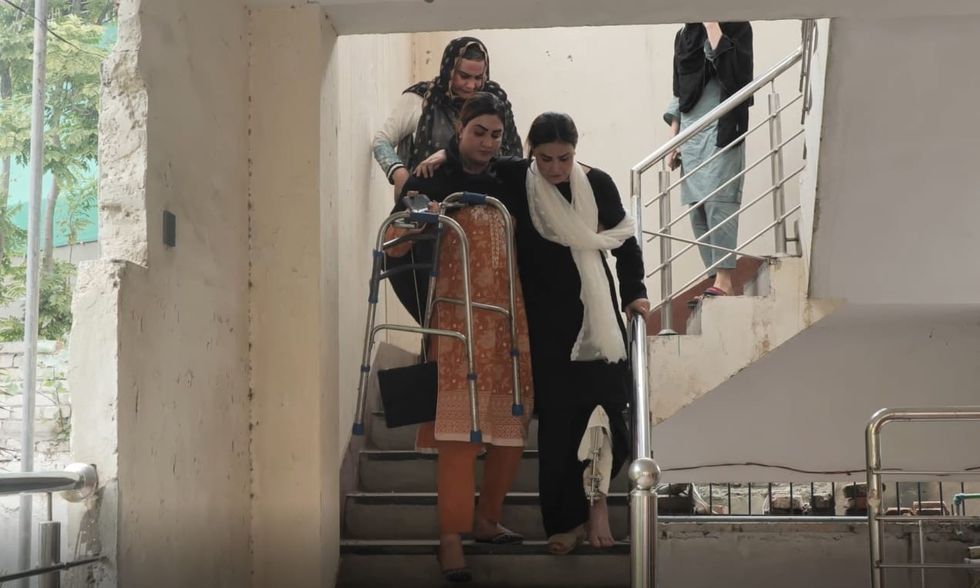
Community representatives say this betrayal is only one layer of the problem.
Mahi Gul, a transgender activist, said that many killings are also framed as so-called “honor” crimes. “This rejection comes not only from society but also from families,” she said. “We are stigmatized and reduced to stereotypes, falsely linked only with dance and sex work. People accuse us of promoting obscenity — perceptions that fuel hatred and even justify murder.”
Impunity and blame
The lack of justice compounds the violence. Farzana Riaz, president of the Trans Action Alliance, said the impunity surrounding such crimes emboldens perpetrators.
She recalled the case of a transgender woman killed in Abbottabad at a public gathering. “The perpetrator faced no consequences,” Riaz said. “Instead, blame was shifted onto us, with demands to expel the community from the district on charges of ‘immorality.’”
Riaz said only one individual has ever been convicted for the murder of a transgender person in Khyber Pakhtunkhwa. That case, seven years ago, involved the brutal killing of a woman named Nazo, whose body was dismembered into 62 pieces. “The accused in that case is the only one to receive a life sentence,” she said.
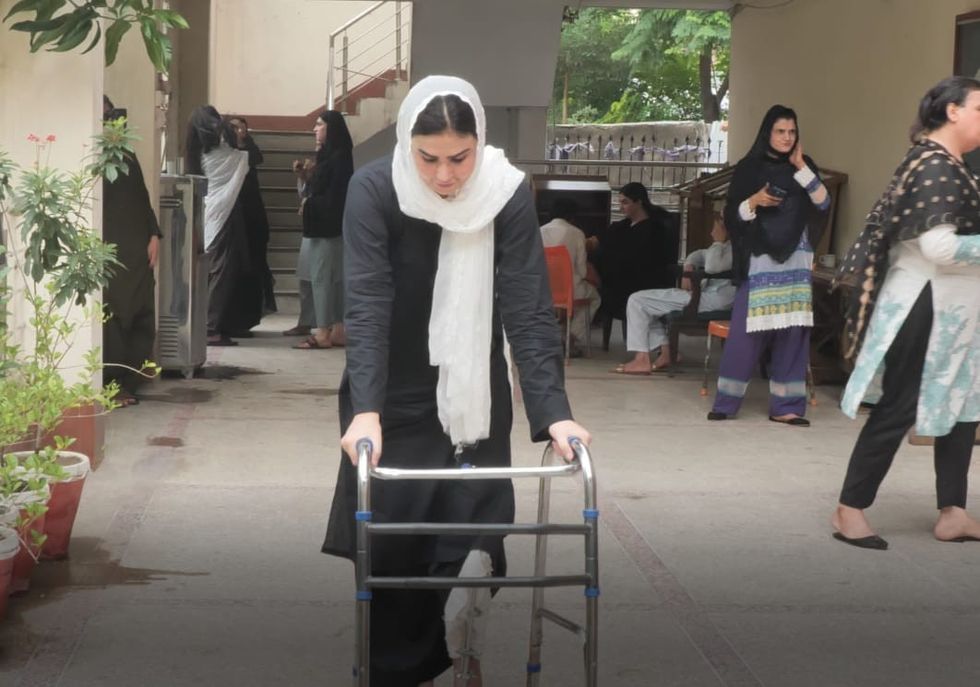
In most other cases, killers are not arrested, or if they are, they are quickly released on bail.
“This shows the mindset,” Riaz added. “Ultimately, these men see transgender people as weak, as property that can be discarded. Are those who murder transgender persons not the ones at fault?”
Barriers to justice
Community leaders say systemic failures in law enforcement prevent victims and families from seeking justice.
“Those involved in the killings of transgender people are rarely punished because of the police’s negative attitude and flawed investigations,” said activist Mahi Gul.
She described the humiliation faced when approaching authorities. “When we go to a police station, we are often not allowed to enter. Confronted with such barriers, many of us eventually lose the courage to pursue cases altogether.”
Police response
Police officials argue they are making efforts to engage the community. Superintendent of Police Muhammad Atiq Shah told Nukta that transgender representatives have been included in Dispute Resolution Councils (DRCs) to ensure their voices are heard.
He said police investigate each case on its merits and present evidence in court. But he also acknowledged that many cases collapse due to compromise statements — known locally as razinamah — that families or community members file.
“At that stage, it is the court’s discretion,” Shah said. “Once a compromise is filed, there is little the police can do.”
Law without enforcement
Pakistan’s parliament passed the landmark Transgender Persons (Protection of Rights) Act in 2018, hailed at the time as a progressive step. But activists say the law has not translated into real protection.
“It is a substantive law that speaks of rights but offers no real mechanism for enforcement or security,” said Naseem of Blue Veins.
He noted that the Act calls for the sensitization and training of state institutions, but no such measures have been implemented.
Naseem also emphasized that those linked to dance and sex work remain the most frequent targets of violence. But he stressed this is not necessarily a matter of choice.
“It is an economic necessity forced on them by the absence of alternatives,” he said. “The solution lies in providing education, employment and genuine opportunities for social inclusion. Only then can this cycle of violence and vulnerability be broken.”
Trapped in fear
For now, survivors like Barfi Doll are left to reckon with shattered lives. She no longer knows whether she will walk, let alone dance again.
Her story is one among hundreds — a reminder of the everyday risks faced by transgender people in Pakistan. Between extortion, betrayal, stigma and state neglect, the community continues to live on the margins, punished for simply existing.
“I only wanted to dance,” Doll said quietly. “Now I don’t even know if I will walk again.”



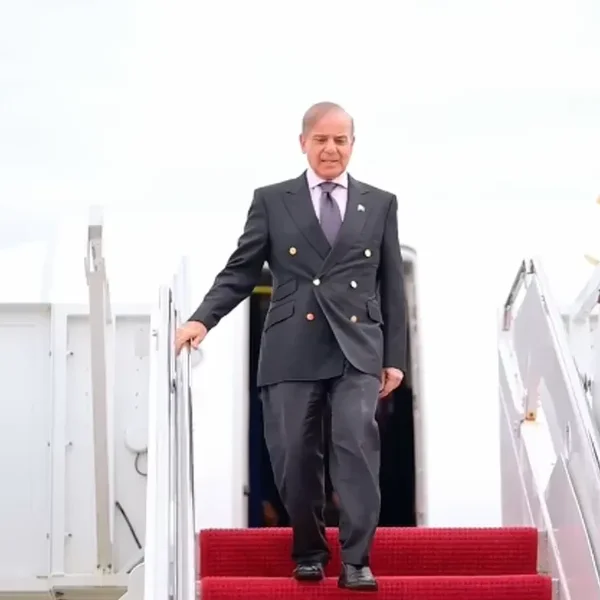
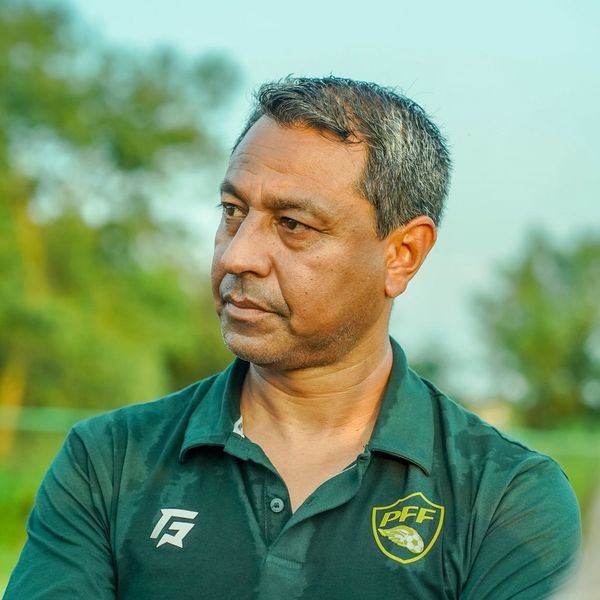
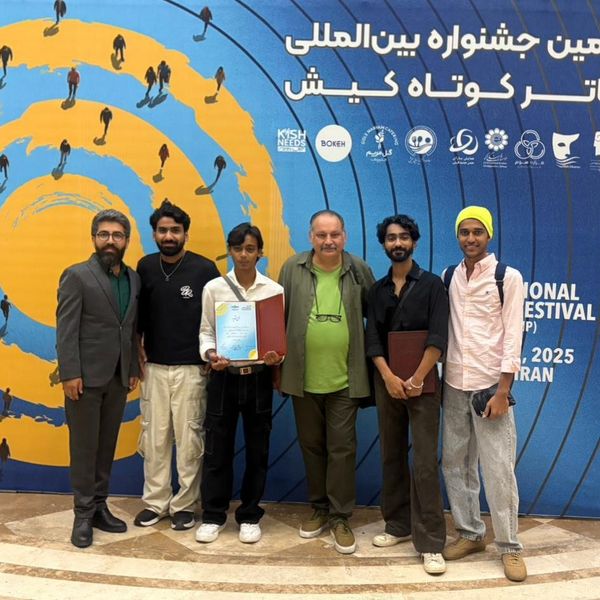


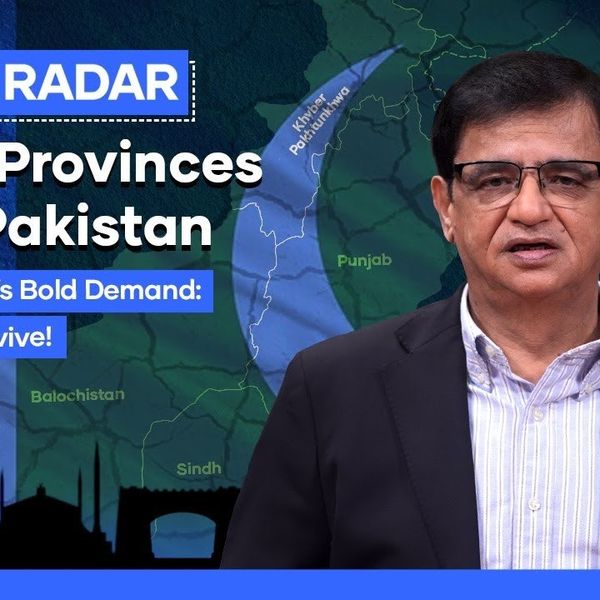
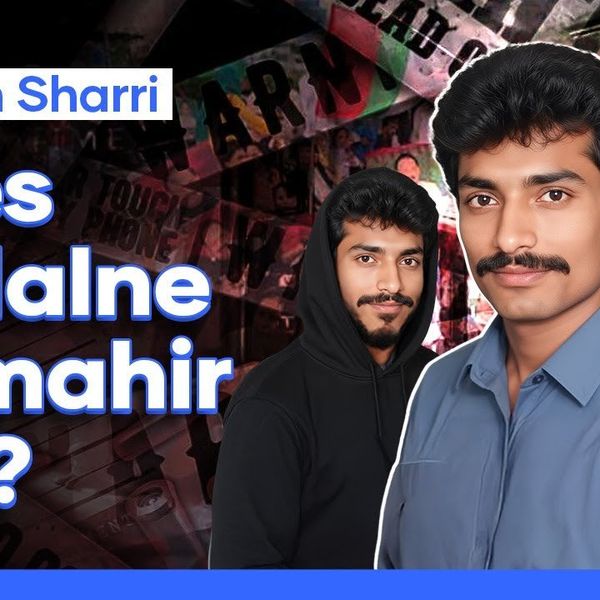

Comments
See what people are discussing